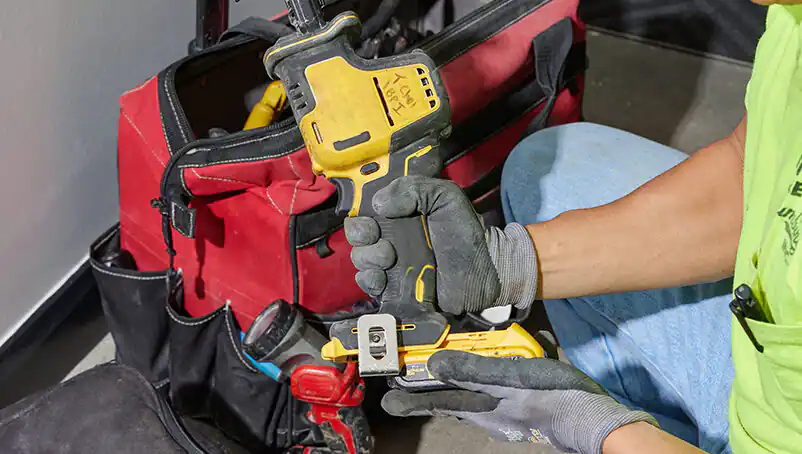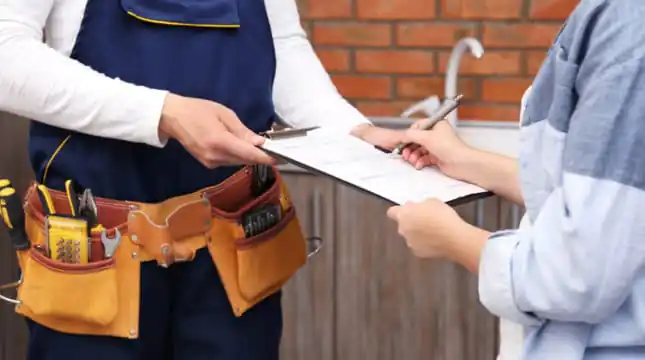Handyman insurance in Texas: What coverage can help protect your business?
The right handyman insurance can help protect your business, and it can make you stand out and look more professional in a competitive market. The best insurance for you and your business depends on the type of work you do, whether you have any employees and several other factors.
Many people who do basic building repairs in your state put together an insurance protection policy consisting of these several types of business insurance available in Texas.
Workers’ Compensation insurance
Unlike most states, Texas does not require business owners to have workers’ compensation insurance. However, if one of your employees gets hurt on the job, you could be subject to a lawsuit, which can have serious financial ramifications both personally and professionally.
Workers’ comp insurance can help protect your business from financial losses if an employee files a lawsuit against you. It may also help cover medical expenses, lost wages and more.
General Liability insurance
In Texas, general liability insurance can help protect your handyman business in the event you or one of your employees causes property damage, or if a non-employee gets injured and requires medical costs at one of your job sites. In addition, some clients may request proof of insurance, also known as a certificate of insurance, for this coverage before hiring you for a job in their home or business.
Commercial Property insurance
If you rent or own building space for your business, commercial property insurance could help pay for costs related to damage or vandalism, and help cover inventory and equipment stored in the space.
BOP insurance (Business Owner’s Property)
A business owner’s policy, also called a BOP insurance policy, combines general liability and commercial property insurance coverage into a single, often cost-efficient and convenient package.
A BOP can carry more protection than a single policy. It can help cover damage that you or your employees may inadvertently cause to another person’s property, as well as bodily injury accidents that injure any non-employee.
Tools and Equipment insurance
Tools and equipment insurance can help cover the cost of repairs and replacements for damaged or stolen work gear. You may choose to add this coverage to your general liability insurance policy.
Commercial Auto insurance
Do you drive to different job sites for your work as a handyman? Commercial auto insurance can help cover costs related to accidents, such as medical expenses and property damage.
Texas law requires you to have the following minimum amounts of auto insurance:
- $30,000 of coverage for injuries per person
- $60,000 per accident
- $25,000 of coverage for property damage








